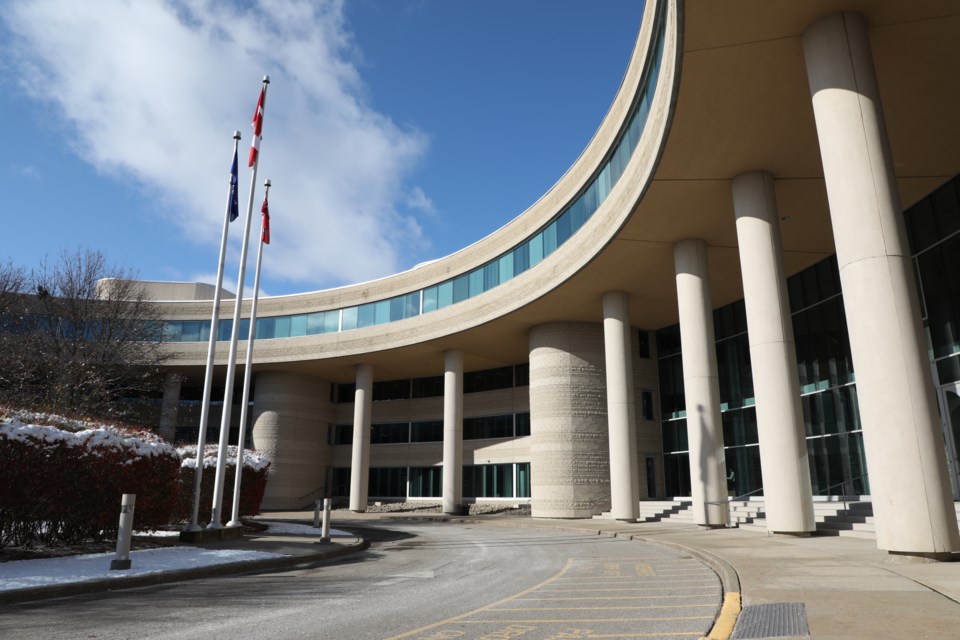York Region does not plan to proceed with a vacant housing tax due to financial concerns, though the tool could get consideration next year.
Council backed a staff report Nov. 9 that highlighted the potential pitfalls of implementing a tax on homes left vacant in the region at a rate of one to two per cent. The report said that based on a one per cent tax rate and experiences from other municipalities implementing the tax, the York Region version would not be self-sustaining and only impact between 290 and 1,052 vacant homes.
Newmarket Mayor John Taylor put forward a motion, which was defeated, to support the tax. He said municipalities need to do everything possible to address housing and upping the proposed tax to two per cent could address financial concerns.
“We need to be using every tool,” he said. “Having housing sitting empty is untenable.”
York Region hired firm KPMG in 2021 to study the issue. KPMG estimated there could be up to 7,250 vacant homes in the region, with more than 1,600 that could be taxed.
But changing circumstances since then have staff estimating that there are fewer vacant homes, including the experiences of Toronto in implementing the tax, higher interest rates prompting more property listings and higher rents making it more worthwhile to lease. There is also uncertainty about a future provincial vacant home tax policy framework.
Staff estimated that the losses could be between $1.2 million to $14.9 million over the first four years of implementation, with additional risks such as litigation and enforcement resource needs.
"We stand to lose a lot of money,” King Mayor Steve Pellegrini said. “How about we wait and look and see before we go rushing down to spend a lot of money?”
He further added that those dollars are better spent on efforts to build social housing.
Georgina Regional Councillor Naomi Davison said she could not support the tax even in principle without more information. She said many in Georgina are seasonal residents or snowbirds, and it would not make sense to tax them when they may not be able to rent those homes for only part of the year.
“It wouldn’t be suitable,” she said.
But Whitchurch-Stouffville Mayor Iain Lovatt backed the vacant housing tax, citing boarded-up homes in Stouffville that could be rented.
“This is a tool we need to use to discourage speculation, discourage homes staying vacant,” he said.
Taylor said organizations have pushed for a tool, with housing advocates advocating for it as one tool to address the housing crisis.
“We know we’re in a housing crisis. We know we need to do everything we can,” Taylor said.
Staff indicated the tax would be considered again as part of an affordable housing implementation plan expected to come to council in 2024.
